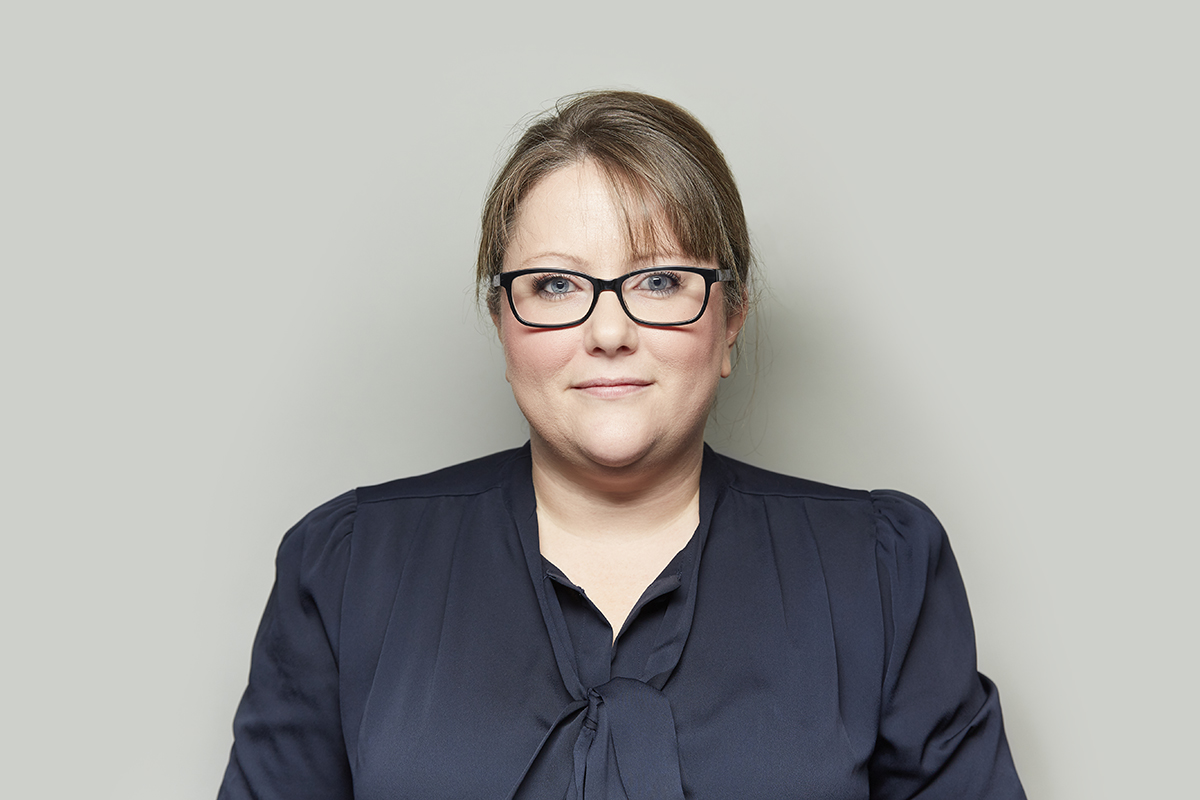UAE family businesses: navigating the new regulatory regime
Written by
According to figures cited by the UAE Ministry of Economy, up to 90% of private companies in the UAE are family businesses, contributing about 70% of the country's GDP and employing much of the region's workforce. However, only around 10 to 15% of family businesses in the UAE make it to the third generation.
Among the key challenges faced by family businesses is longevity of succession planning. When the business-owning head of a family passes away and the business is inherited directly by multiple heirs, the ownership of the business can be fragmented, creating the potential for disputes between family members. If not resolved swiftly, this can cause disruption to the operation and growth of the underlying business. When viewed collectively, the potential for such disputes across the many family businesses in the UAE represents a threat not only to the businesses themselves but to the wider economic growth of the region.
A case in point is the dispute which arose between the heirs of the late Majid Al Futtaim. Amidst reports of discord among the founder’s heirs, and in light of the importance of this family-owned retail and leisure empire to Dubai’s economy, Sheikh Mohammed bin Rashid Al Maktoum appointed a judicial committee to mediate among the shareholders and protect both the interests of the company and Dubai’s economy during the transition of ownership following the founder’s passing.
A time of opportunity for family businesses and the UAE
At a federal level, the UAE has until recently done little to regulate family businesses as distinct from other business structures. In particular, the federal legal infrastructure has historically made no provision allowing family businesses to be held within succession planning structures equivalent to the trusts, foundations and other structures that in other jurisdictions have been used to mitigate these same succession risks for hundreds of years.
It is against this backdrop that the UAE Government has introduced the much-anticipated Federal Decree-Law No. 37 of 2022 (or ‘FDL37/22’). Broadly, the new family business law aims to support the sustainability and growth of family businesses, in turn supporting the commercial competitiveness of the UAE. Specifically, the stated objectives of this new law are (among others):
- To set an inclusive and easy legal framework to regulate ownership and governance of family businesses;
- To facilitate their transfer between generations;
- To support continuity of family businesses;
- To provide the proper mechanisms for resolving disputes related to family businesses; and
- To enhance the contribution of family businesses to the UAE’s economy and its competitiveness.
FDL37/22 applies in all Emirates and free zones of the UAE (including the DIFC and ADGM) subject to any relevant local company laws.
Implications for family businesses
In a departure from existing rules not allowing a UAE company to create different classes of shares, FDL37/22 enables family businesses to create multiple classes of share, with the rights and privileges attaching to each to be determined by the business through its Memorandum of Association. All such classes entitle the holder to receive profits, but not all share classes need entitle the holder to voting rights. This ability to confer a form of ownership without voting rights may provide families with a useful means of granting ownership of their business to a greater number of family members while reserving control over the management and operation of the business only to those family members equipped and incentivised to oversee its continued success in the ownership of the family.
Prior to FDL37/22 statutory pre-emption rules did not allow a shareholder to transfer shares without allowing all existing shareholders an opportunity to acquire the shares. FDL37/22 creates an exception whereby shareholders can sell or transfer shares to a spouse or first-degree relative independently of these pre-emption rights. This should provide greater freedom to certain groups within families to restructure their shareholdings. The new law also gives family businesses greater powers to tailor the governing articles to support the pre-emption preferences of the family as a whole, including a mechanism for the business to buy back shares following an offer by a family member or otherwise for the purpose of reducing its capital up to a maximum cap of 30% of its shares.
Whereas the previously applicable rules did not provide any mechanisms for resolving family disputes other than litigation in the courts or arbitration proceedings, FDL37/22 empowers families to consider alternatives means of resolving disputes in the first instance, including reconciliation through a committee of family members formed for this purpose.
On a local level, the DIFC has set up the Global Family Business and Private Wealth Centre and has implemented local legislation in the form of the Family Arrangements Regulations 2023. These regulations, effective as of 31 January 2023, provide a structure for the Centre’s initiatives and build on the changes brought in by FDL37/22.
Time to ensure ownership structures are fit for purpose
Although as yet untested, FDL37/22 and the new DIFC Family Arrangements Regulations 2023 give family businesses a framework within which they are empowered to structure the management of their assets and entities in a way that is bespoke to the nuances of the family and the business in question and to the nature of and challenges faced by family businesses compared to other business structures in the UAE. There is a lot of discussion amongst the professional community at the moment about the new law and it is anticipated that there will be a significant number of families reviewing structures in line with the new law and considering succession planning strategies to protect their family business.
This article was first published by Entrepreneur Middle East.

